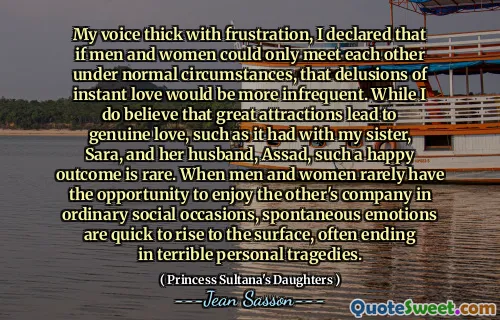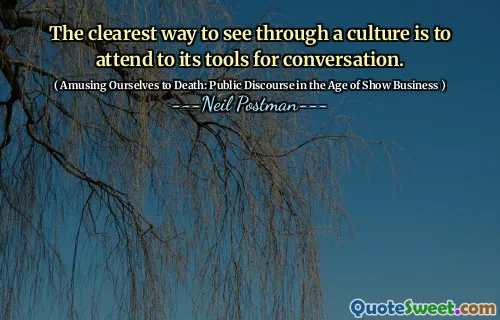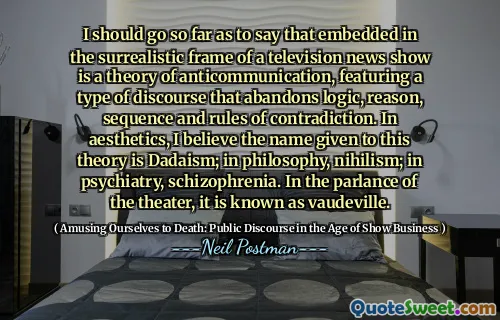In Europe the rich are refined enough to act as if they're not wealthy. That is how civilized people behave. If you ask me, being cultured and civilized is not about everyone being free and equal; it's about everyone being refined enough to act as if they were. Then no one has to feel guilty.
In "The Museum of Innocence," Orhan Pamuk explores the concept of refinement and civility among the wealthy in Europe. He suggests that the affluent tend to exhibit a certain discreetness regarding their wealth, behaving in a way that reflects cultural sophistication. This societal norm helps to maintain a facade of equality and prevents feelings of guilt related to financial disparity. Pamuk argues that true civilization lies in the ability of individuals to mask their wealth, rather than in the notion of universal freedom and equality. This perspective implies that by adhering to refined behavior, social harmony can be achieved, allowing individuals to coexist without the burden of envy or guilt regarding economic status.
In "The Museum of Innocence," Orhan Pamuk explores the concept of refinement and civility among the wealthy in Europe. He suggests that the affluent tend to exhibit a certain discreetness regarding their wealth, behaving in a way that reflects cultural sophistication. This societal norm helps to maintain a facade of equality and prevents feelings of guilt related to financial disparity.
Pamuk argues that true civilization lies in the ability of individuals to mask their wealth, rather than in the notion of universal freedom and equality. This perspective implies that by adhering to refined behavior, social harmony can be achieved, allowing individuals to coexist without the burden of envy or guilt regarding economic status.




